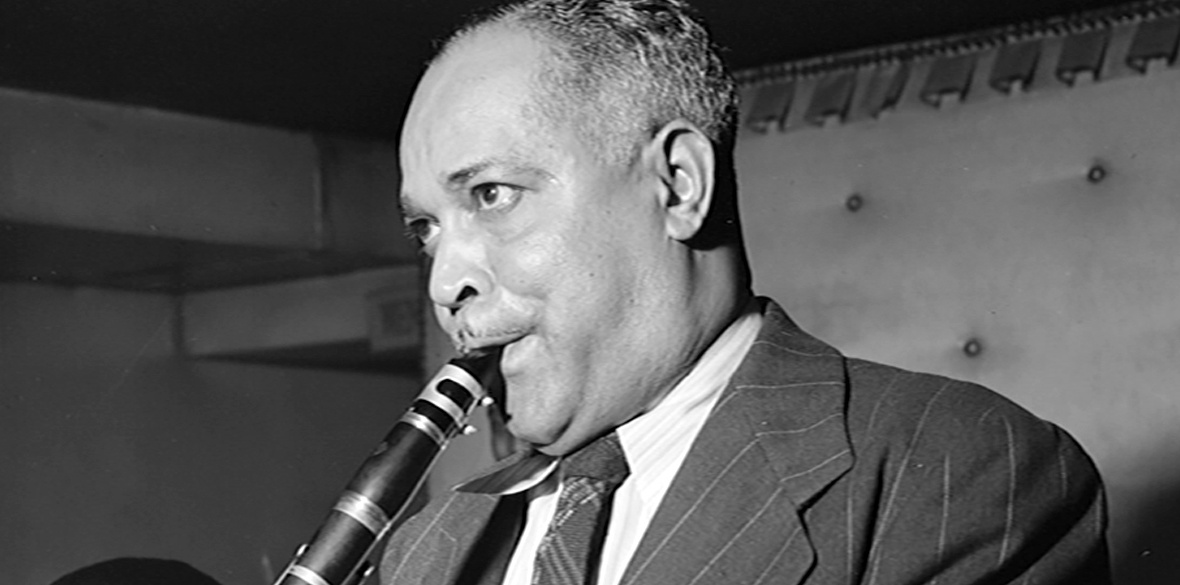This is the last article you can read this month
You can read more article this month
You can read more articles this month
Sorry your limit is up for this month
Reset on:
Please help support the Morning Star by subscribing here
IT WAS the summer of 1973. The Victoria and Albert Museum in plush South Kensington was showing Val Wilmer’s powerfully evocative exhibition of jazz and blues photographs, Jazz Seen: The Face of Black Music.
There too for a rare and final London recital was the veteran virtuoso New Orleans clarinettist Albert Nicholas, who was to die that year. In his younger days he had been tutored by the master Crescent City clarinet genius Lorenzo Tio, and had played in the bands of King Oliver, Jelly Roll Morton and Louis Armstrong.
With him on stage was a band of British jazzmen: alto saxophonist Bruce Turner, pianist Alan Branscombe, bassist Lennie Bush and drummer Bobby Orr. Nicholas was brilliant that night.
In London’s West End he brought all the artistry and passion of New Orleans’s Storyville and Bourbon Street, playing gentle melodies like Rose Room and Memories of You with the fire and emotion of High Society, Albert’s Blues and the Creole curlicues of Salee Dame, Jazz Me Blues and Shine.
His brilliance is relived on a new album composed of a 1966 Brussels session with drummer Barry Martyn’s Band, and a Soho date 10 years before with the Humphrey Lyttelton Band.
I asked Val Wilmer about Nicholas’s sonic artistry on the album, particularly the tracks with Martyn’s band. “You can hear what a beautiful player he was,” she said. “He epitomised the thoughtful, lyrical side of New Orleans jazz. The beauty of his sound is a storytelling art. Every note he plays seems to be the right one and the session shows again how many lives have been affected and changed by the art of black musicians.”
The other four musicians on the Brussels sessions were white Englishmen: pianist Richard Simmons, trumpeter Cuff Billett, bassist Brian Turnock and Martyn, and they all play with a deep empathy and skill.
Listen to Nicholas’s liquid sound on the track Albert’s Blues. “The clarinet speaks naturally under his fingers,” said Val, “like an extension of himself. We don’t hear the instrument, we hear the person and his life in New Orleans. The person and the music are the same.
“Albert’s Blues is unhurried and finely-paced; he’s telling you an old, old story about his life and experience. To many young people now, music seems to be something invented over the last five years. But Nicholas’s music is timeless, it’s more than a century old and tells us how the people of New Orleans lived and created. It’s all there in this music.”
Wilmer’s recollections find an intense aural realism on the album. Many of its tunes have that narrative lucidity and fluidity that characterised Nicholas’s sound, and tracks like Wolverine Blues, It Had to be You, China Boy and Wrap your Troubles in Dreams saunter and dance their way through their themes and the improvisation they inspire with a zest and sprightliness all of their own.
It’s another world to 2021, but none the less beautiful and optimistic for that. It has its very own sense of perennial rapture.











